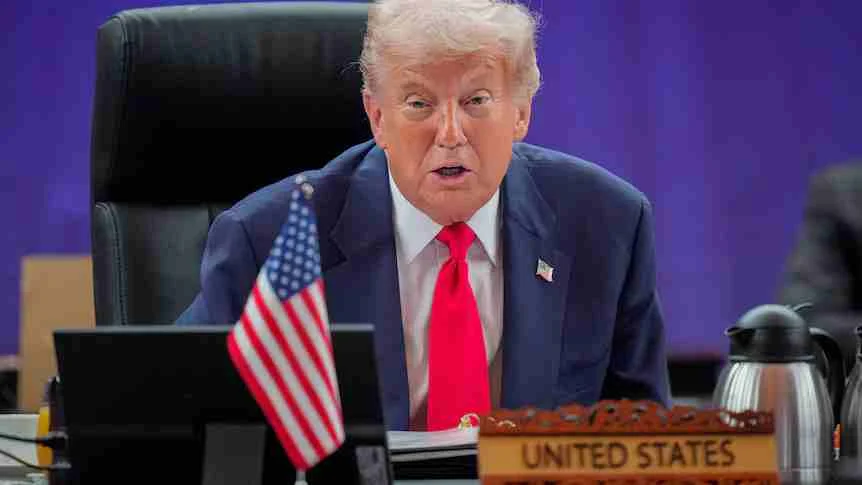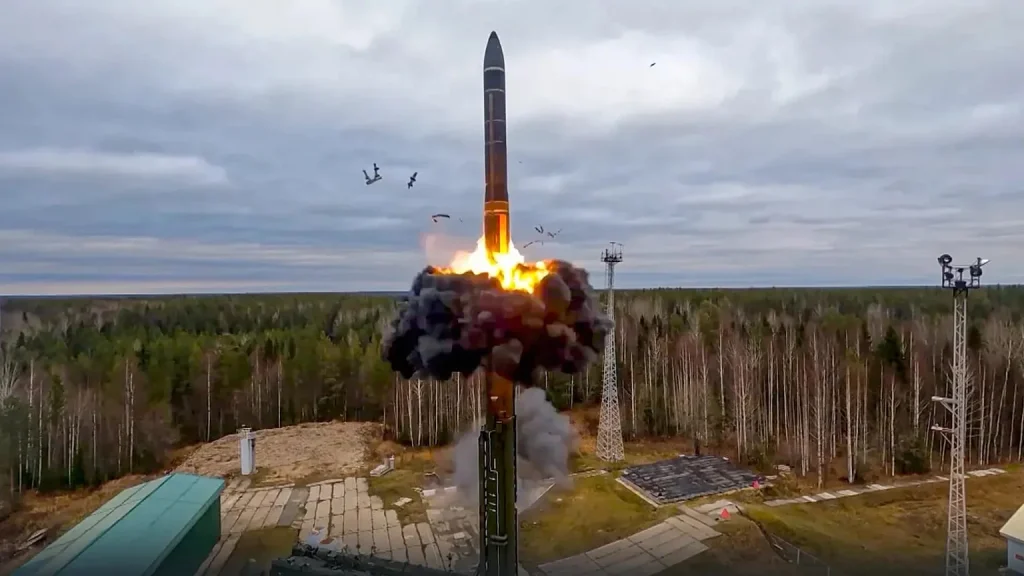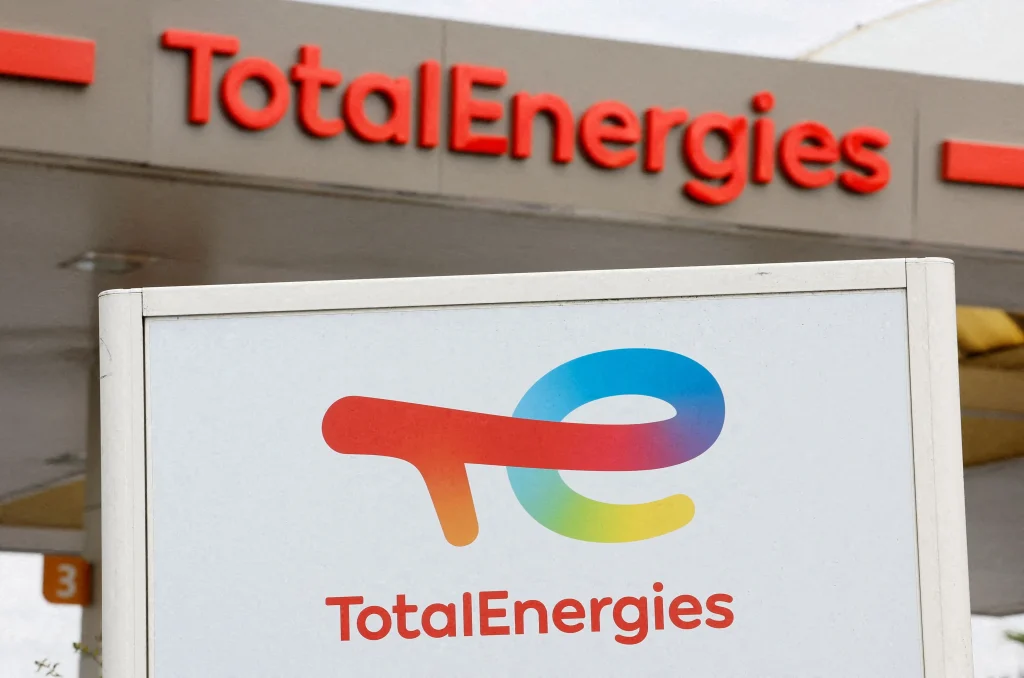The World Health Organization (WHO) announced that its advance team completed a scoping mission in China to investigate the origins of COVID-19, per WHO press briefings. The team, comprising an epidemiologist and an animal health specialist, arrived in Beijing on July 10 to establish terms for a WHO-led international investigation. “Epidemiological studies will start in Wuhan to pinpoint early infection sources,” said WHO chief Tedros Adhanom Ghebreyesus during a virtual press conference.
No Silver Bullet for COVID-19
Tedros urged governments to focus on proven public health measures—testing, contact tracing, physical distancing, and mask-wearing—warning that no “silver bullet” exists for COVID-19. “Masks send a powerful message of solidarity,” he stated, noting that effective leadership, as seen in South Korea’s response, can control outbreaks. By August 2020, the virus had infected 18.1 million people and killed nearly 690,000 globally, per Johns Hopkins University data.
Tracing the Virus’s Origins
Scientists suspect COVID-19 jumped from animals to humans, possibly at a Wuhan market selling exotic animals, per UN Environment Programme reports. WHO’s Michael Ryan, emergencies director, praised Chinese researchers but stressed the need for deeper studies. “We must examine early Wuhan cases and clusters to trace the animal-to-human breach,” he said, describing the process as searching for a “needle in a haystack.” Retrospective epidemiological studies will identify the first human clusters and work backward to find the zoonotic source.
Global Context and Challenges
The WHO’s probe followed months of pressing China for access, starting in May 2020, amid tensions over transparency, per UN records. The virus, first reported in Wuhan in December 2019, triggered global lockdowns, with Nigeria closing schools in March 2020, per a previous artifact. Vaccine trials, like Sinovac’s in Brazil by July 2020, offered hope, but Tedros cautioned that vaccines alone wouldn’t end the pandemic, emphasizing public health basics.
Regional Relevance
In Africa, Nigeria’s response included mask mandates and curfews, aligning with WHO’s advice, per a previous artifact on school reopenings. Senegal’s urban renewal, such as the Sandaga market demolition in August 2020, per another artifact, reflected similar efforts to address public safety amid the pandemic. WHO’s call for collective action resonates with Nigeria’s tech-driven initiatives, like FiberOne’s connectivity solutions, per an earlier artifact, supporting remote work and learning.
Path Forward
The WHO’s international team, set to include global scientists, aims to clarify COVID-19’s zoonotic origins, potentially linked to bats or pangolins, per IUCN data. Tedros emphasized collaboration with China to close epidemiological gaps, urging global adherence to public health measures to curb the virus’s spread while the investigation progresses.






